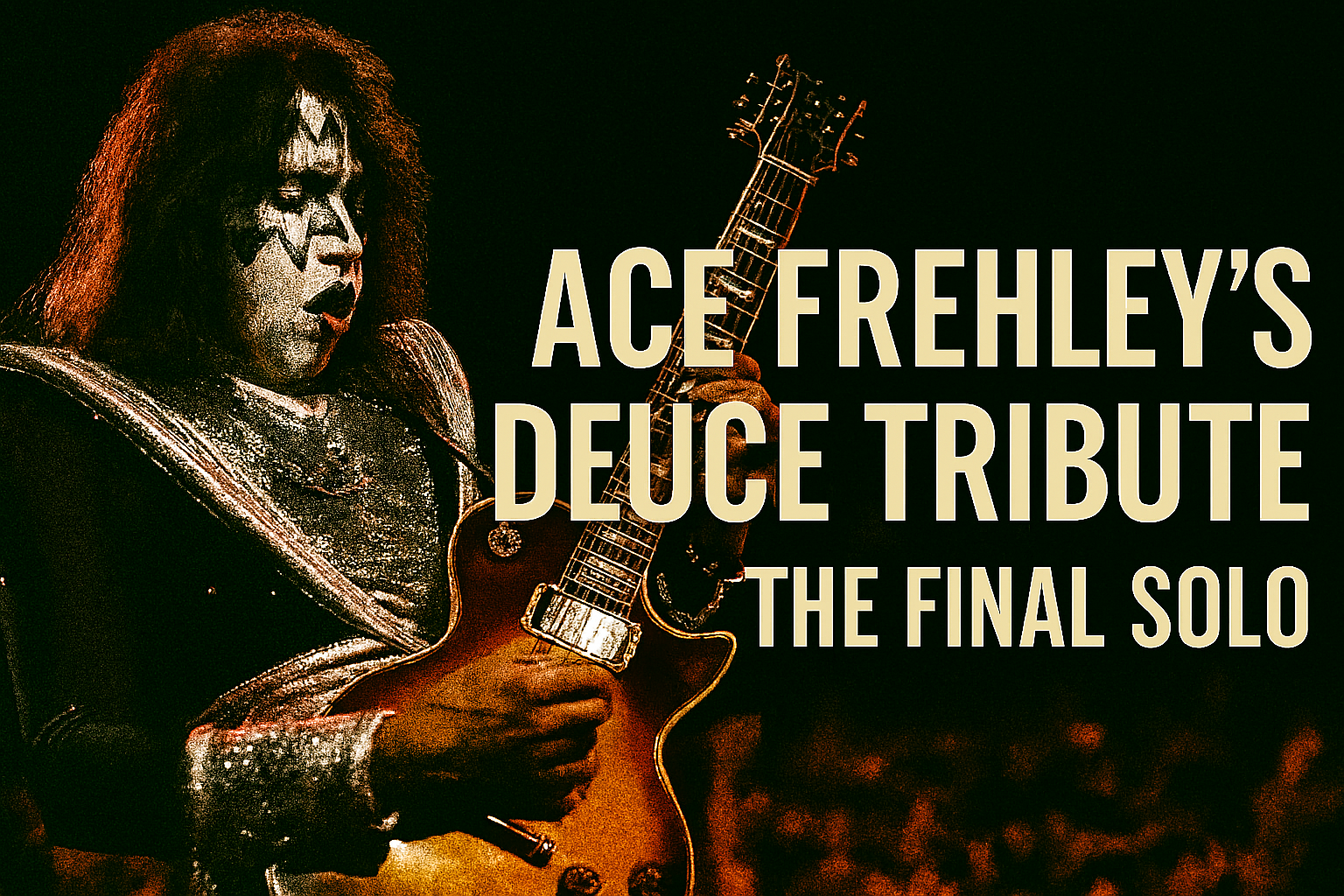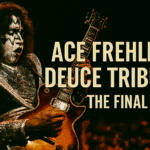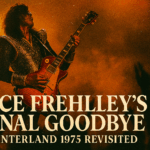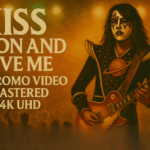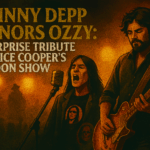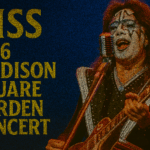Ace Frehley Deuce Tribute
There’s a blunt, aching clarity that comes when an artist we grew up with disappears — a mix of gratitude, grief, and the stubborn replaying of the moments that made them indispensable. Ace Frehley’s performance of “Deuce” is one of those moments: a distilled portrait of his voice as a musician and a personality, and a reminder of why his playing mattered so deeply.
The Performance as Identity
Onstage, Ace didn’t simply play a solo; he declared an identity. “Deuce” has always been compact and confrontational, built from a taut riff and a swaggering vocal line. When Ace takes it, the song becomes a vehicle for his musical persona — spare, direct, and charged with melodic intent. His solo in that context isn’t a parade of technique; it’s an articulation of character. Each bend, each deliberate note, reads as a sentence in a voice that’s unmistakably his: economical, hard-edged, and emotionally immediate.
Tone and Touch
Ace’s tone is the first thing that arrests you. It’s midrange-forward, slightly gritty, and intimate in a way that makes every note feel present in the room. He prized feel over flash, shaping single notes so they sang like a statement rather than a run. His vibrato is economical; his bends are precise. Combined, those choices produce a signature sound that cuts through band noise and stage commotion. In the “Deuce” solo, that tone becomes a narrative tool: he doesn’t ask the listener to chase him, he insists they follow.
Phrasing and Restraint
One lesson in Ace’s playing is how much a musician can say by leaving space. His phrasing often uses silence as punctuation — a held note, a pause, a slight rub of the strings — to make the next phrase land harder. In the solo, moments of sparse phrasing set up brief flurries that feel explosive because they are contrasted with restraint. That economy of motion keeps the solo memorable: not because it overwhelms, but because it chisels a distinct shape out of the song’s raw material.
Emotional Resonance
Beyond chops and tone, Ace’s playing carries emotional weight. There’s a mix of swagger and melancholy in his lines that suggests both bravado and vulnerability. When you watch that performance now, the notes behave like small confessions — muscular, yes, but also human. For listeners who grew up with KISS filling living rooms and car speakers, those tonal inflections are braided with memory: youth, rebellion, late nights, and the small private ways music stitched itself into daily life. Grief, then, is not only for the musician but for the era he soundtracked.
Cultural Context and Legacy
Ace’s contribution to KISS was structural as well as stylistic. In a band that trafficked in spectacle, his guitar provided a necessary musical anchor. He brought blues-rooted sensibilities to glam-rock theater. That blend gave KISS songs a melodic center strong enough to carry pyrotechnics, makeup, and theatrics without collapsing into mere gimmickry. The “Deuce” solo is a concentrated example of that role: it’s a piece of songcraft that elevated the band’s image into something with genuine musical heft.
Why the Clip Still Matters
Media and memory conspire to make certain performances emblematic. This version of “Deuce” persists because it layers distinct pleasures: a propulsive riff, a concise but emotionally loaded solo, and a stage presence that registered on camera. It’s the kind of clip you return to when you want proof of what made Ace singular: tone, timing, and an unshowy conviction. In an age when performances are sometimes polished to sterility, revisiting a raw, definitive moment like this feels restorative.
Final Reflection
Losing an artist prompts a peculiar doubling: you mourn the person and you re-experience what they gave you. Ace Frehley’s “Deuce” solo exemplifies the gifts he offered — a voice that spoke plainly but lodged deeply, a sound that married grit and melody, and a musical temperament that favored resonance over spectacle. Watching that performance now hurts because it reminds us how tightly certain sounds are woven to our own histories. But it also reassures: the music remains, exact in its grain and clarity, a small, permanent fire that will still burn in playlists, memories, and the next player who listens and decides to carry something forward.
